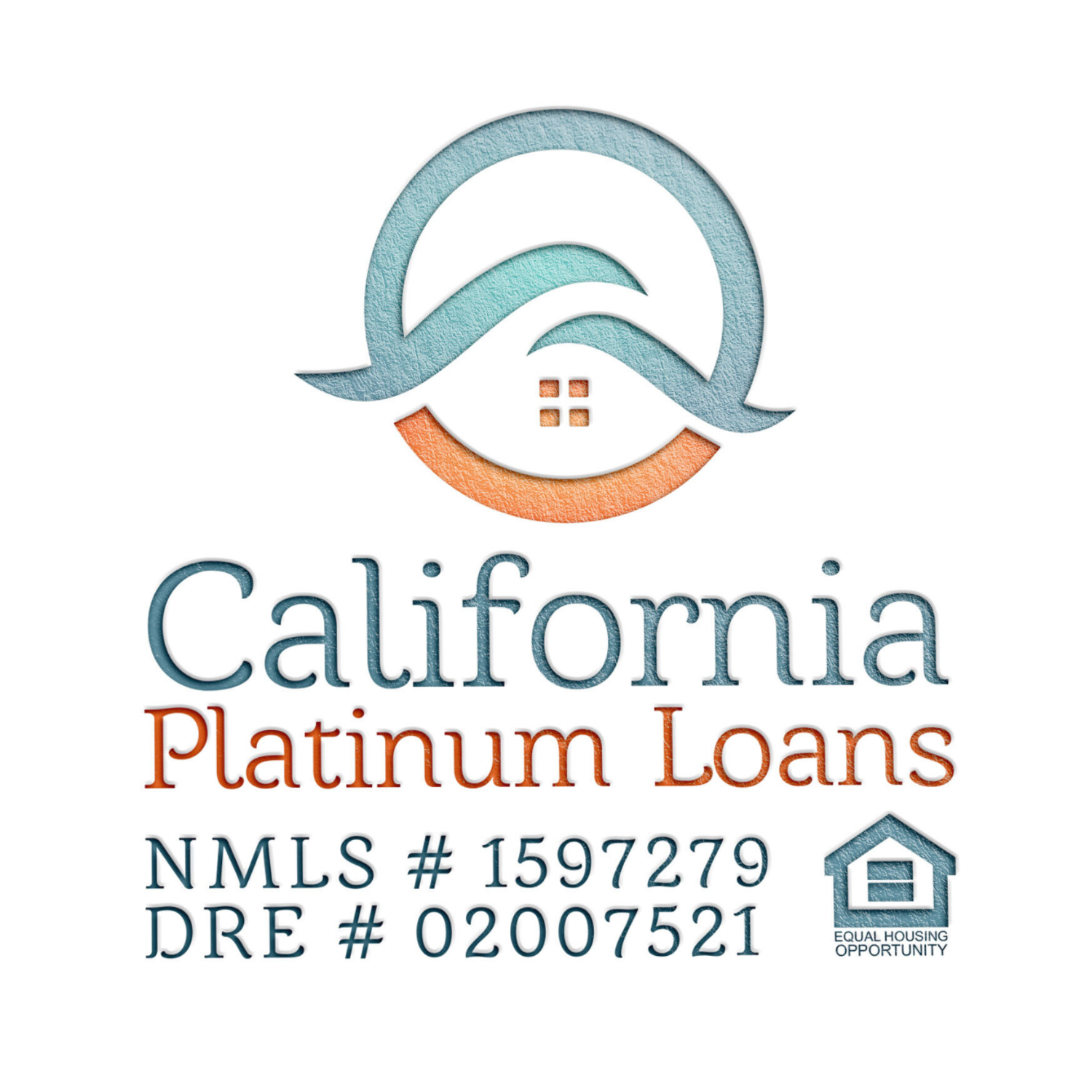If you’re in your 20s and thinking about buying a house, it’s easy to understand how you could be confused and overwhelmed. According to a study by the National Association of Realtors, people under 35 with student loans are postponing home buying by an average of 8 years. But buying a home while in your 20s is not only a possibility, you’ve got a lot of resources that could make it happen for you. First, we’d like to dispel a few myths about home buying that could have been keeping you out of the home market.
Student loans will prevent you from buying a home
The problem of student loan debt is finally on the national agenda, and lawmakers are seriously discussing reducing the interest on student loans or even forgiving some or all student loan debt. Although this plan is still under discussion, some homebuilders and the majority of states offer home buying assistance programs for people whose student loan debt is preventing them from buying a home.
California offers the CalHFA “My Home” first time homebuyer assistance program which provides down payment and closing cost assistance. CalHFA also works with counties to offer tax credits to make mortgage payments more affordable for first-time homebuyers. A first-time homebuyer is anyone who has not purchased a home during the past three years. So, even if you’ve bought and sold a home before, you could be eligible for one of these programs as long as it hasn’t been during the past three years.
Work on your credit score
These days, you can sign up to monitor your credit score via dozens of apps and financial programs. The majority of credit cards and financial institutions offer free or very low cost credit score monitoring. Learn how your credit score works and work to increase it. Your debt-to-income ratio and credit use ratio will affect your credit score, along with any late payments.
You’ll want to increase your credit score as much as possible: ideally to 660 or better. However, some mortgage programs, including FHA home mortgages, can offer loans to people with credit scores as low as 580.
Work with a knowledgeable realtor and mortgage broker
Everyone is online and connected, and you can shop for homes using your mobile device — even apply for a mortgage. But many home loan programs still work through mortgage brokers. And, not every home for sale is a featured listing on an online home search service. The personal touch still matters — it might matter more than ever these days. You can learn what your alternatives in home buying really are by working with a mortgage and home buying professional.
Sources
https://www.realtor.com/advice/buy/how-to-buy-a-house-in-your-20s/



